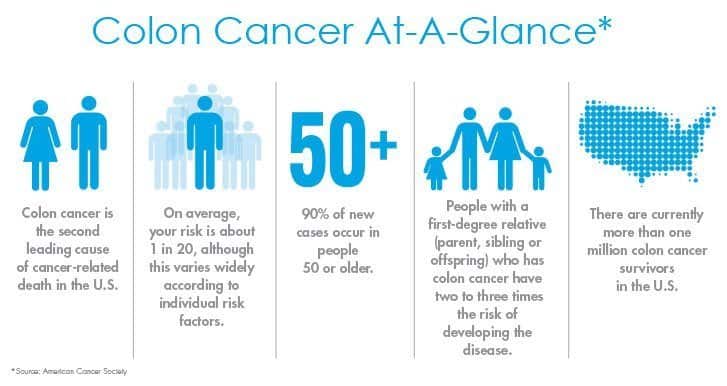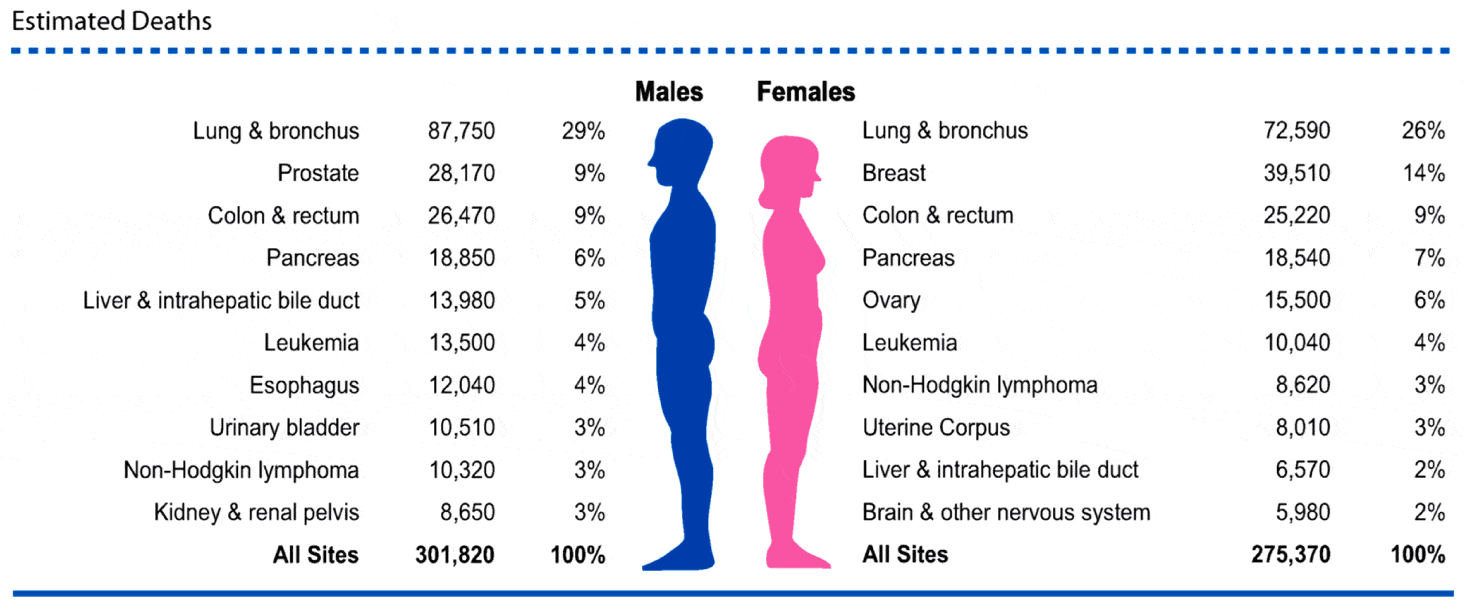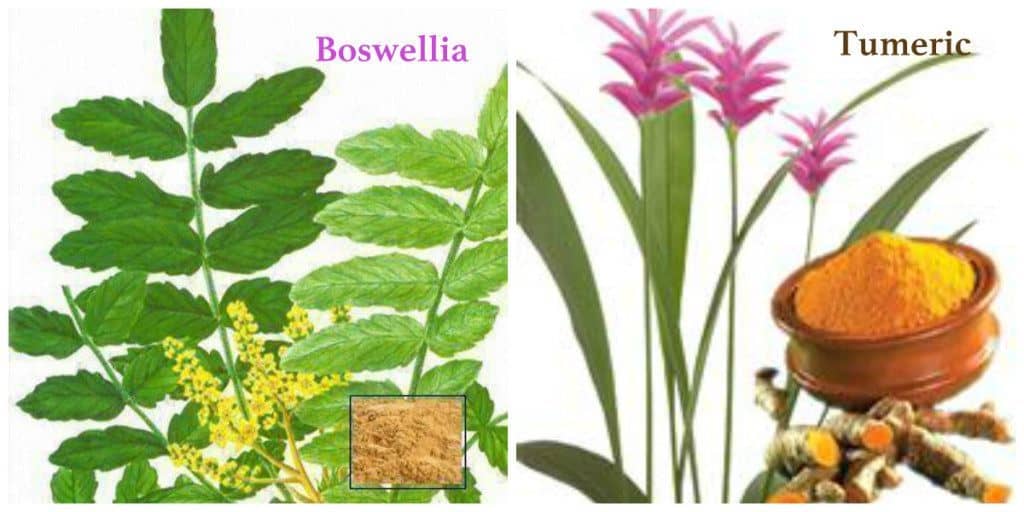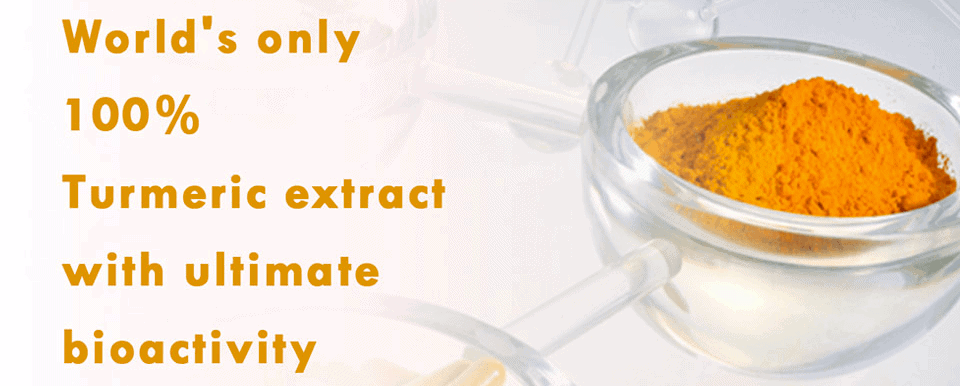New Study: Two Powerful Botanical Supplements to Prevent Colon Cancer and Inflammation
Prevent colon cancer — as well as the inflammatory diseases and discomforts that lead up to it — by taking two powerful botanical supplements made from curcumin and boswellia.
IF YOU pay attention to these sort of things, you might have heard that “in the first study of its kind, researchers have demonstrated novel and previously unknown mechanisms of action by which BCM-95® Curcumin and BosPure® Boswellia work synergistically to prevent colon cancer, and to demonstrate anti-tumor activity both in vitro and in vivo.” (1)
OK, let’s unpack that a bit…
What happened is that some serious scientists have discovered that certain extra strength botanical supplements have a good chance to prevent colon cancer, the number three most prevalent cancer in both men and women, 90% of which occurs in people over 50. This was true for tumor activity in whole, living organisms (“in vivo”), and partial organisms, like a cell (“in vitro”).
One of this study’s authors is Ajay Goel, Ph.D., Director of Epigenetics, Cancer Prevention, and Cancer Genomics, Baylor Research Institute, Baylor University Medical Center, Dallas, Texas. He has spent 20 years researching cancer and is currently researching the prevention of gastrointestinal cancers using integrative and alternative approaches, including botanicals.
He says this about curcumin and boswellia:
We have known for a while that curcumin and boswellia both have potent anti-cancer properties. In this study, we investigated how they work in conjunction to reduce proliferation and increase cell cycle arrest and apoptosis (various mechanisms by which cancer cells are killed). We found that the two together activate a broader array of gene regulators called microRNAs, with a wider spectrum of impact compared to either compound individually. (2)
A Bit About Inflammation and Diseases, Like Cancer
Curcumin has become the darling of the anti-inflammation crowd, of which I’m a part, as I use it almost every day in food, and as a supplement. A common Indian spice, curcumin (and turmeric, from which it’s derived) are known to help reduce systemic inflammation, which is thought to be a precursor to many chronic illnesses.
It’s a fact of life that as we age, our joints get more inflamed. But that’s not all. When chronic inflammation moves beyond local tissues and into the lining of blood vessels and organs, systemic inflammation happens.
Rampant systemic inflammation has been shown to lead to autoimmune diseases, asthma, arthritis, fibromyalgia, food intolerance, metabolic syndrome and even obesity. In the obesity case, your body targets your own fat cells as intruders and destroys those cells. The macrophages that were in those cells embed themselves in your adipose tissue and create more inflammation, continuing the cycle. (3)
Although curcumin is a fairly well-known antidote to inflammation, boswellia is not so recognized as an inflammation fighter, but it is.
According to Dr. Andrew Weil:
“Clinical trials have demonstrated that boswellic acids have anti-inflammatory action similar to that of nonsteroidal anti-inflammatory drugs (NSAIDS). However, unlike NSAIDS, long-term use of boswellia does not seem to lead to irritation or ulceration of the stomach.” (4)
So, it’s a pretty good idea to supplement with both curcumin and bosweilla as we get older, but who knew that their combination would be a potent colon cancer prevention tactic?
Turns out, anyone who studies such stuff should have had a clue.
The connection between inflammation and the formation of tumors (“tumorigenesis”) is well-established. Over the last decade this connection has received a great deal of supporting evidence from genetic, pharmacological, and epidemiological data. It’s indisputable that inflammatory bowel disease is an important risk factor for the development of colon cancer, and that inflammation is also likely to be involved with other forms of sporadic, as well as heritable colon cancer. (5)
Hence, it’s clear that reducing systemic inflammation is a smart preventive measure to take to reducing our chances of getting colon cancer, but you can’t use just any kind of curcumin and bosweilla. The study used specific kinds of each.
The curcumin used in the study was BCM-95® Curcumin. The boswellia used was BosPure® Boswellia. I never heard of either of them, but I did some poking around the Interwebs and found out a thing or two.
Before I tell you what I found out, let’s take a minute to cover why you should care.
A picture is worth a thousand words…
 (source)
(source)
Note the following:
- Colon cancer is the second leading cause of cancer-related death, but it’s also the third most prevalent cancer.
- 90% of cases occur at 50+ years of age, making this disease yet another strongly related to aging.
- If you have a relative who has/had colon cancer, you need to do some preventative work.
- Gastrointestinal disorders, like Irritable Bowl Syndrome, as well Colitis, colon polyps and hemorrhoids are exacerbated by inflammation and increase the chance for colon cancer.
Do any of those four statements resonate for you?
Yeah, maybe you’re not yet 50, but are you planning on it?
Colon cancer may seem highly improbable, but if #3 or #4 is true for you, you may be on a slippery slope.
To underscore #1 above, and to put colon cancer in context with other cancers, check out the next illustration.
Note that:
- Lung cancer still kills more men and women than any other cancer;
- The second most fatal has to do with body parts unique to each gender (well, men have breasts, but breast cancer is rare in them); and
- The third most deadly cancer for both men and women is colon cancer.
 (source)
(source)
Consequently, why you should care about the curcumin/boswellia/colon cancer study is that those two supplements will help reduce the inevitable inflammation that occurs as we get older, and will also help prevent the pernicious killer that is colon cancer.
The Kind of Curcumin and Boswellia You Need
As mentioned, the type of curcumin and boswellia that worked in the study was, respectively:
“BCM-95” has its very own website where it makes this declaration (among others):
You can read about its composition and quality aspects here, and the FAQ here. Suffice to say that it looks pretty awesome, so the question I had is, “Where can I get some?”. The site didn’t help with that, so I checked on Amazon.com by typing “BCM-95” in the search field.
I got a long list of different supplement manufactures whose products use BCM-95. I know that the Life Extension products are good, so I’m going to buy that one.
Next, I applied the same process to finding out more about the boswellia used in the study, BosPure® Boswellia.
Bospure also has its own site, Bospure.org. At the site, there’s a lot of information about the anti-inflammatory properties of their boswellia, but as with BCM-95, I did not see a recommended supplier for BosPure®.
Again, I consulted with Amazon.com, and not finding a Life Extension brand of BosPure, settled on the Euromedica brand, largely due to the positive reviews posted on John Gray’s site.
Your Takeaway
If you have reason to believe that you may susceptible to colon issues, or need to quash inflammation, get on a regimen using these two supplements, CM-95® Curcumin, and BosPure® Boswellia. (Aff links)
If you’re over 50, it’s likely that inflammation is or will soon be an issue. If you’re otherwise healthy, you may not need the extra strength of the two supplements profiled here, but do consider adding these two great inflammation-fighting botanicals, curcumin and bosellia, to your supplement arsenal.
Over and out.
P.S. Hey, how ’bout eating anti-inflammatory foods? Read Why Dr. Weil’s Anti-Inflammatory Food Pyramid May Be The Best Diet. What about that gut bacteria? Those critters can make a big difference when it comes to inflammation (and depression, and obesity, etc., etc.), as you’ll discover right here.
Last Updated on November 8, 2022 by Joe Garma







